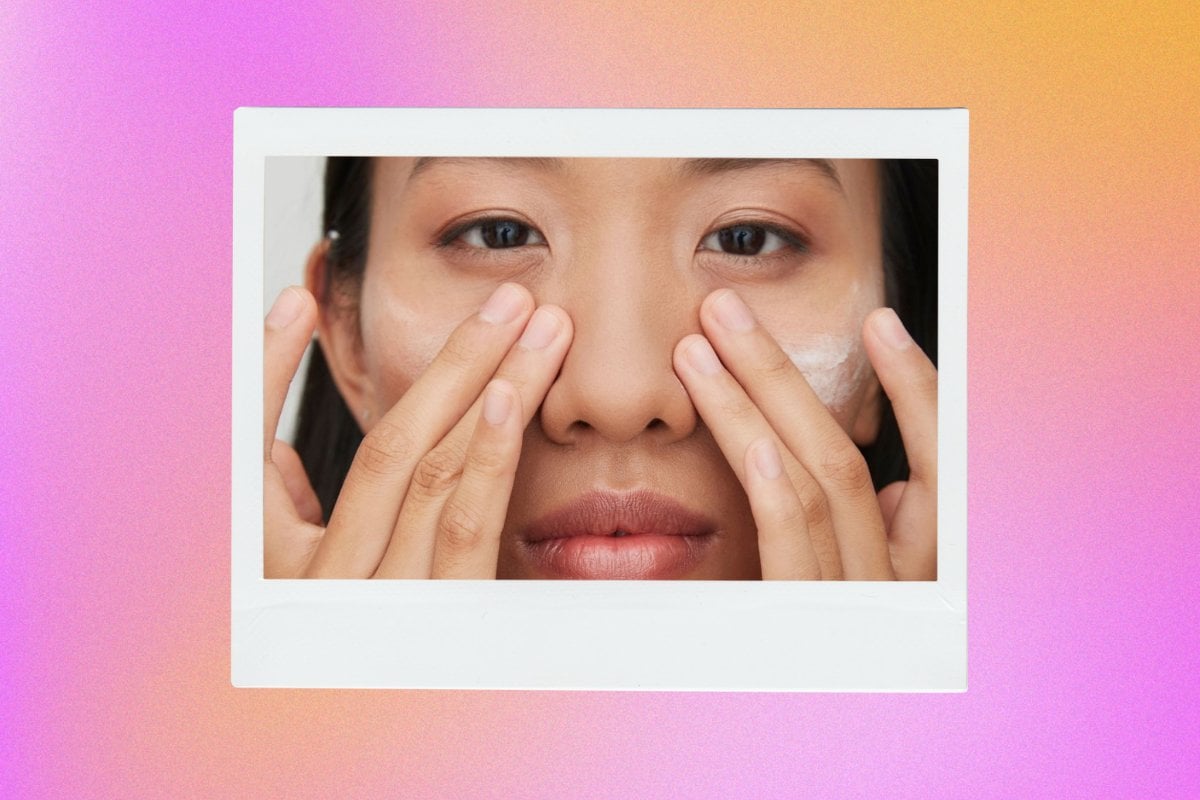
I'm really not great at a lot of things: Making appointments over the phone, shaving my legs, taxes, etc. One thing I AM good at, however, is annoying innocent dermatologists and asking them 292 questions a day.
Why? Because I'm a nerd when it comes to skincare. Froth over the stuff. The AHAs, The BHAs, the vitamins As - the whole shebang.
Watch: Here are seven ways to improve your skin while sleeping. Post continues below.
But here's the thing - whether you're a skincare aficionado or an absolute novice, we're all just out here hanging around waiting to find out how to nab the healthiest, glowiest skin. Right?
And for the most part, you've got the basics down pat. Washing your face every day, wearing sunscreen, not ruining your skin with pore-clogging products - that kinda stuff.
But for the love of sweet baby cheeses, there's a helluva lot of products and information out there. It's crowded. And things are confusing. Scary. Complicated.
That's why we asked a bunch of dermatologists and skin experts to share the best professional skincare advice they've ever learnt. Here's what they said.
1. Cleansing and toning can increase your oily skin and congestion.
Do you have oily skin that loves to breakout? Yes?? Then this one's for you!
Top Comments
Hello! Erin here from Mamamia. Thank you for your message. That’s correct! According to our expert, the tinted version will help protect from visible light and lessen issues with pigment/redness, but won't protect from UV any better than regular sunscreen.
Hey, moderator here!
Your feedback has been duly noted and passed onto to the rest of the team. Thank you!